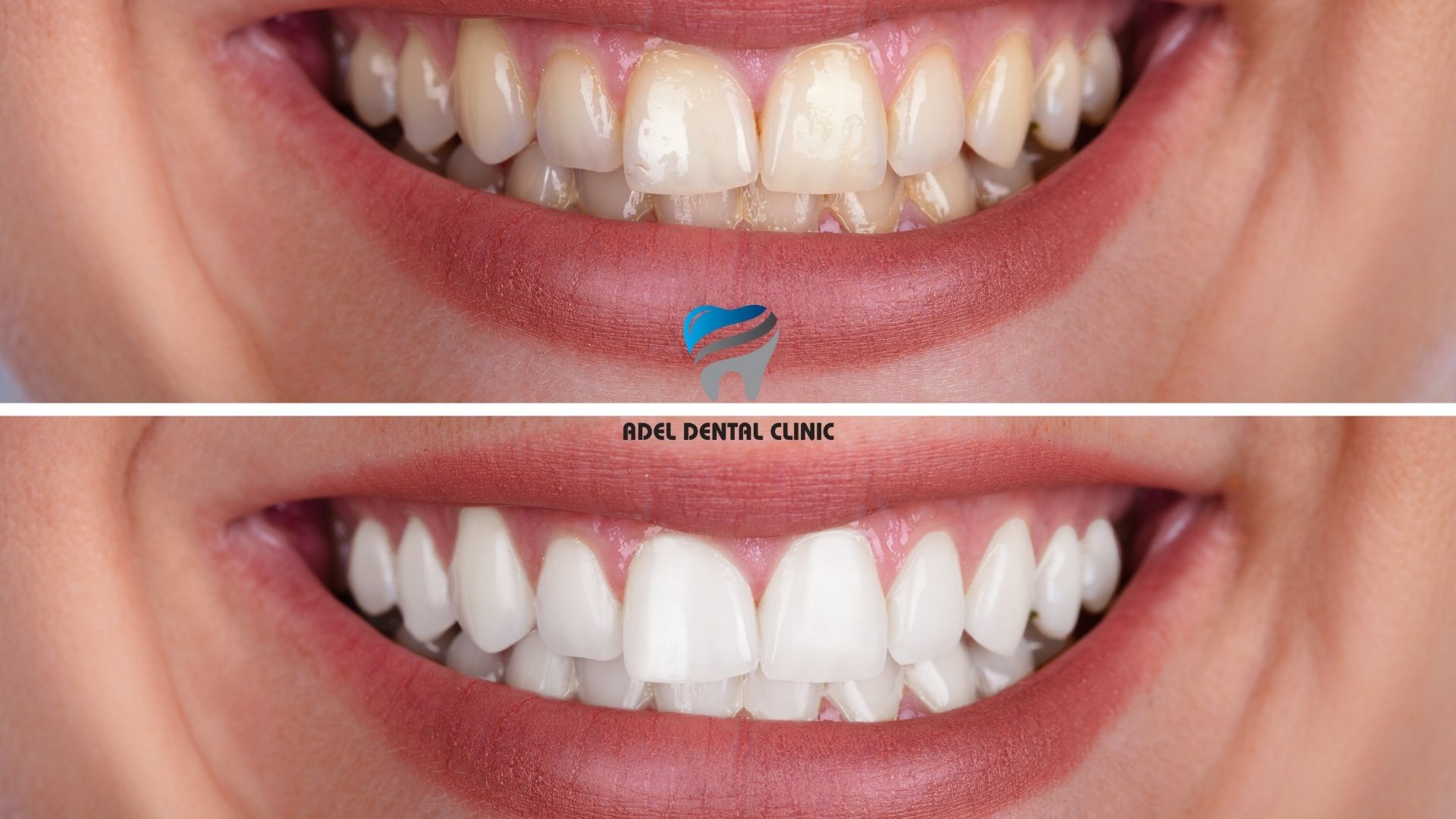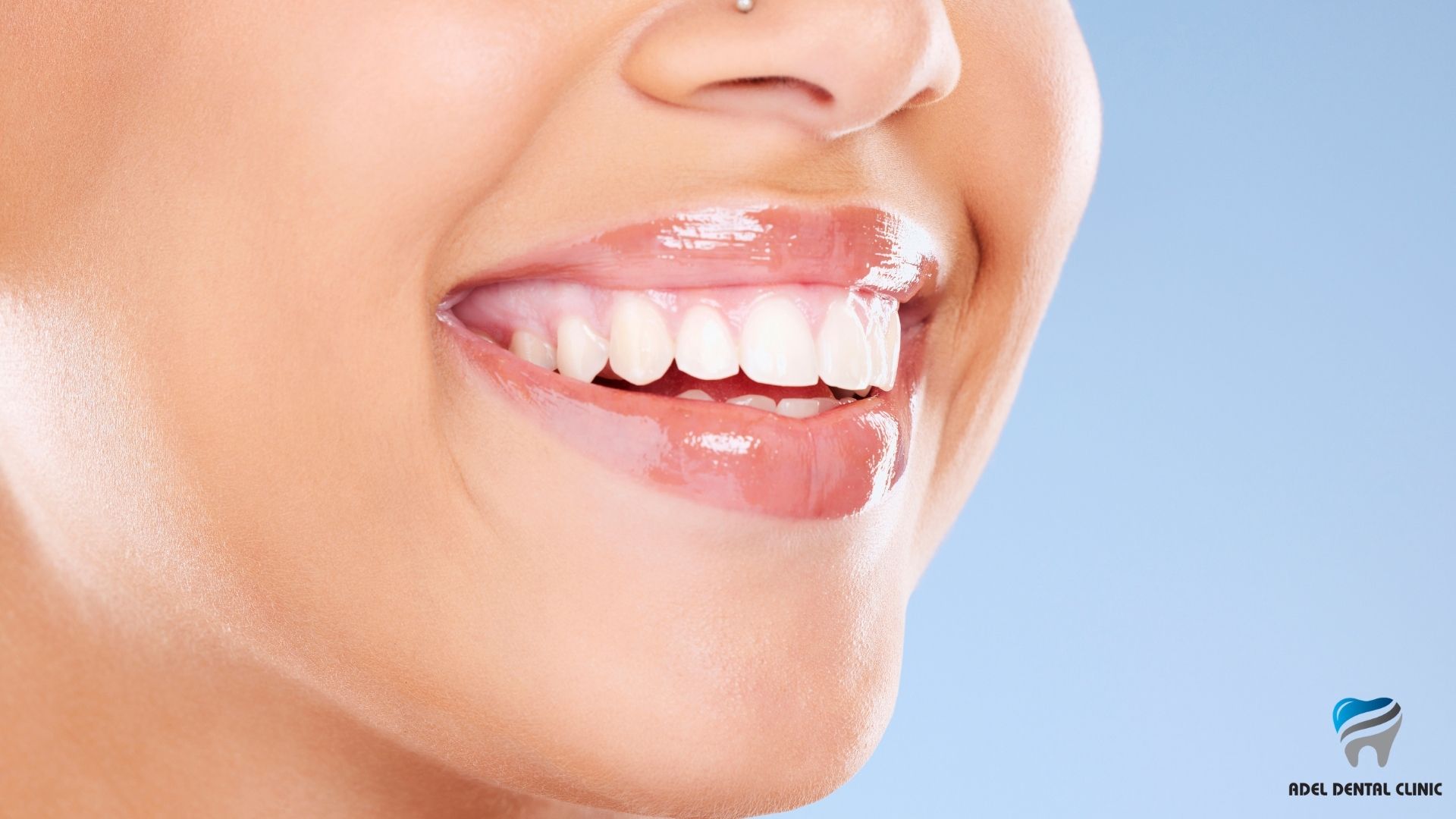Who is a good candidate for teeth whitening?
Teeth whitening (bleaching) treatment can be applied to most people without any problems. However, it is necessary to assess how suitable your teeth are for teeth whitening or what type of treatment you should have.

Making an appointment and talking to a dentist is an important thing to do before starting a teeth whitening procedure, so that you can determine whether teeth whitening is the best option for you. People who regularly practice good oral and dental hygiene and have healthy gums are usually good candidates for teeth whitening.
Even so, before any whitening procedure is carried out, a general check of the teeth will be carried out to detect any tooth decay, gum disease or other oral problems and these should be treated first. The dentist will need to assess whether teeth whitening is suitable for people under the age of 16, pregnant women, breastfeeding women or those with certain medical conditions.
Restorations such as fillings, crowns or veneers may require additional procedures to match the color of your natural teeth after teeth whitening.
There may be individuals for whom teeth whitening is not suitable.
Teeth whitening treatment is suitable for most people, but in some cases it is not suitable. Situations where teeth whitening may not be appropriate:
- Teeth whitening is not recommended pregnant or breastfeeding women, for as the chemicals used in teeth whitening have been assessed to have adverse effects on a growing fetus or breastfeeding baby.
- If you have tooth decay, it must be treated before teeth whitening can begin.
- If you have a known allergy or sensitivity to the ingredients in teeth whitening solutions, teeth whitening may not be suitable for you and should be evaluated by your dentist.
- If you have gum disease or any other problems with your gums, these conditions should be treated before starting any whitening procedure.
- Dental restorations such as fillings, crowns or veneers may interfere with teeth whitening. One of the possible negative consequences is that whitening treatments may not match the color of the restorations and give the teeth an uneven appearance.
- People whose tooth enamel has thinned due to aging or other reasons may not get the desired results from teeth whitening.
- People with discoloration caused by certain medications or medical disorders such as fluorosis may not achieve the desired whitening even if teeth whitening is performed.
What are advantages and disadvantages of teeth whitening?
Teeth whitening makes a positive contribution to improving the appearance of your smile. However, it should be taken into consideration that teeth whitening may also have negative aspects. The pros and cons of teeth whitening are listed below:

Advantages:
- Teeth whitening significantly improves your smile by removing stains and discolouration. This in turn increases your self-confidence and self-esteem.
- Teeth whitening is a non-invasive cosmetic dental procedure. It does not require any surgical procedure. In most cases, the procedure is performed without the need for local anaesthesia.
- There are a variety of teeth whitening options available, ranging from in-office professional treatments to at-home kits. This allows you to choose a method that suits your preferences and budget.
- In-office whitening treatments are generally healthier, faster and provide more noticeable results than at-home options. You can achieve a whiter smile in just one or a few visits to the dentist.
Disadvantages:
- Teeth whitening is not a permanent solution. The results obtained lose their effect after a certain period of time. Depending on factors such as eating and drinking habits, oral and dental hygiene and lifestyle habits, the whiteness of the teeth fades again over time. Periodic maintenance treatments and visits to your dentist will be required to maintain the desired level of whiteness.
- Teeth whitening treatments do not change the colour of dental restorations such as fillings, crowns or veneers. If you have visible restorations on your front teeth, they may stand out more after teeth whitening and create a colour mismatch between the natural teeth and the restorations.
- While teeth whitening is generally safe when done under professional supervision or when quality home products are used as directed, there may be risks associated with misuse or overuse of whitening products. Instructions provided by dentists or product manufacturers should be followed to minimise potential risks.
- You should consult a dentist to discuss your specific situation with your teeth, evaluate the pros and cons, and determine whether teeth whitening is the right option for you. Your dentist will offer you specific options according to your oral and dental health, expectations and preferences.
If you have any questions you do not find here, please contact us.
